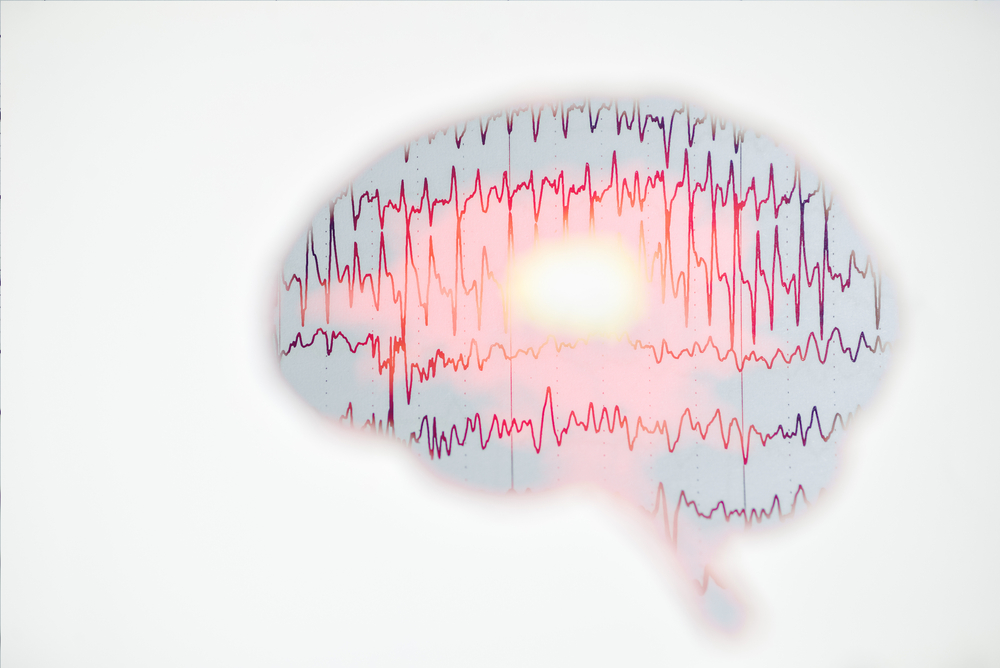New tDCS Devices May Boost Cognition in MS — But Don’t Use One at Home Without Guidance

Multiple sclerosis (MS) patients who received transcranial direct current stimulation (tDCS) while playing brain-training video games improved their learning and understanding skills to a greater extent than those who only brain-trained.
Researchers at NYU Langone’s Multiple Sclerosis Comprehensive Care Center underscored that while more research is needed to explore the procedure’s benefits of the procedure, the study showed that patients can receive this type of intervention in their own home — which could improve their quality of life.
Even so, they warned patients to not experiment on their own with tDCS devices bought on the market.
The study, “Remotely Supervised Transcranial Direct Current Stimulation Increases the Benefit of At-Home Cognitive Training in Multiple Sclerosis,” appeared in the journal Neuromodulation: Technology at the Neural Interface.
“Our research adds evidence that tDCS, while done remotely under a supervised treatment protocol, may provide an exciting new treatment option for patients with multiple sclerosis who cannot get relief for some of their cognitive symptoms,” Leigh E. Charvet, PhD, the study’s lead author, said in a news release.
She and other researchers targeted a brain area called the dorsolateral prefrontal cortex with the tDCS stimulation. This region is involved in cognition, but it’s also related to depression and fatigue. Of 45 study participants, 25 received a tDCS device and were trained how to use it, while 20 were put into a control group.
Before each session, they connected with research staff and received a code to activate the device. This way, researchers could make sure that they registered the correct dose of stimulation. Just as with the 20 controls, those in the tDCS group then played computer-based cognitive training games — 10 sessions in total.
Those who had received brain stimulation during the training improved on measures of complex attention as well as their response times, compared to the training-only group, as measured by a sensitive, computer-based tool. In fact, the improvements seemed to get larger over time. By contrast, less sensitive MS neuropsychological assessments did not detect any differences in basic attention or standard cognitive measures.
Researchers believe these findings indicate that more sessions may be needed to improve cognition to the point where it has a noticeable effect on daily life functioning. To test this idea, the team already plans another trial, in which the number of sessions will be doubled, and patients will be randomized to receive tDCS or a sham treatment.
“Many MS medications are aimed at preventing disease flares, but those drugs do not help with daily symptom management, especially cognitive problems,” said Charvet, an associate professor of neurology and director of research at NYU Lagone’s MS Center. “We hope tDCS will fill this crucial gap and help improve quality of life for people with MS.”
Researchers believe the weak electrical stimulation triggered by the tDCS device lowers the threshold of stimulation needed for a neuron to signal. When neurons fire more often, connections between them are thought to get stronger — making way for learning.
But Charvet cautions about the presence of tDCS devices on the market — sold directly to consumers without any supporting research or information on dosing frequency. Those considering using such a device outside a research setting must first consult their physician, she warned.






